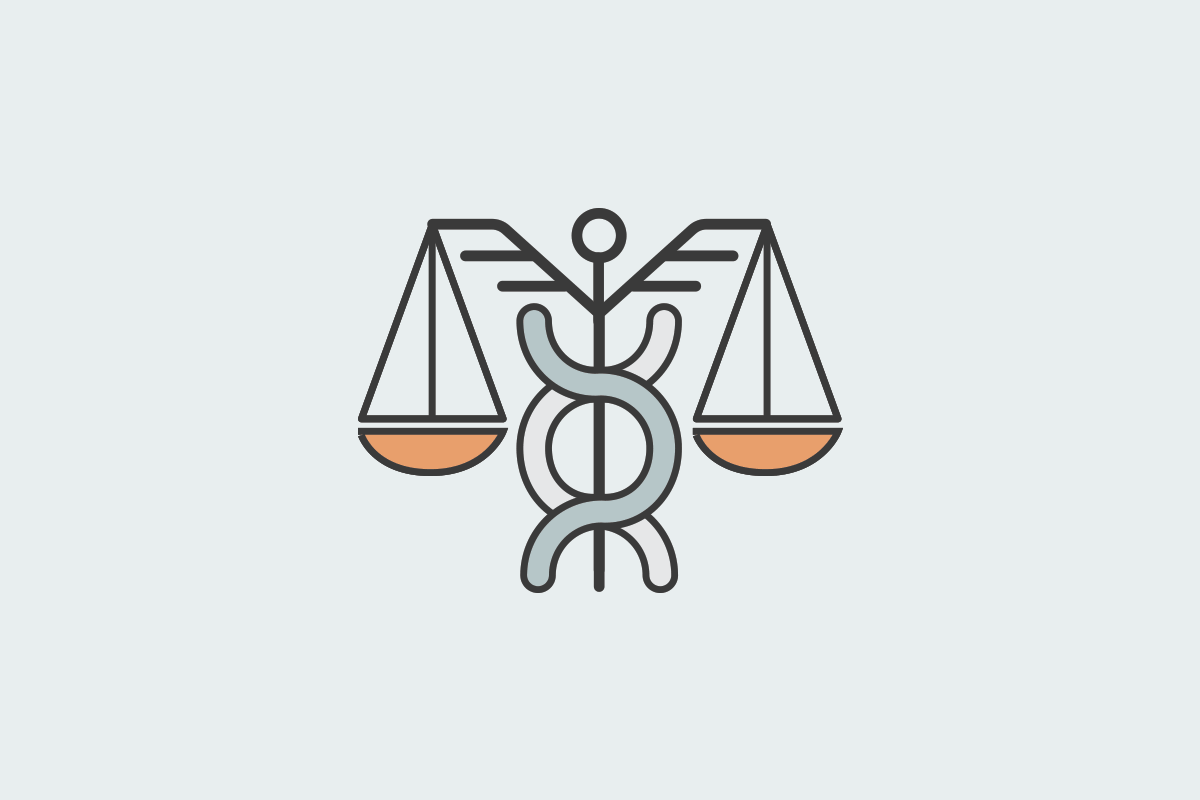During the COVID-19 pandemic, people spent a lot of time isolated and indoors, which helped foster an environment where some people now feel lonelier than ever. The result is a loss of social connectedness—the degree to which people feel the social connections and relationships in their lives to satisfy their wants and needs. When social…
Your Welcoa membership has expired.
Why Workplace Wellness Professionals are Best Equipped to Handle the COVID19 Vaccine Mandate Debacle
The following article does NOT constitute legal advice and should not be used as such. It is for educational purposes only. Readers should retain legal counsel to obtain definitive answers.
There. I said it. The federal government’s attempt at instituting a COVID19 vaccine mandate is a debacle. President Biden’s announcement on September 9, 2021 of a vaccine mandate has turned into legal and political chaos.
Ever since the release of the COVID19 vaccine mandate rules from OSHA (covering employers with 100 or more employees), the Centers for Medicare and Medicaid Services (CMS) (covering certain health care workers), and the White House (covering federal contractors), courts have been blocking implementation of those rules. Specifically, federal courts have found the rules unconstitutional and/or exceeding the executive branch’s authority. They have also noted that the rules are both underinclusive and overinclusive, meaning that they don’t protect enough people from the alleged “grave danger” that COVID19 presents, but also don’t consider the real risk that many people face, particularly those that work alone or in areas that don’t pose much risk of infection.
In response to these rulings, the federal government has suspended implementation of the COVID19 vaccine mandate rules for most workplaces.
This brings us full circle from when COVID19 vaccine mandates were merely a decision of each employer, which was the case last summer. We know that legal challenges brought against employers who were mandating the COVID19 vaccine were not successful, which interestingly were decided by courts in the same federal districts as the cases challenging the federal government’s mandates. Specifically, the courts in those cases were not sympathetic to employees who were left with the choice between getting the vaccinated or losing their job. The court in the Houston Methodist Hospital case stated that such a choice was not coercion.
So now employers are left to decide whether and how to get their employees vaccinated. Unless employers do business in a state that has passed a law restricting vaccination mandates, employers are still free to choose whether and how to implement a vaccine mandate or incentive.
Enter Workplace Wellness
Workplace wellness professionals, such as human resource experts, health educators, health coaches, wellness coordinators and others are used to addressing differing attitudes when it comes to health and wellness. Most workplace wellness professionals have at one time or another faced push back from some employees about wellness initiatives, or have encountered employees who make poor health choices. It is the job of workplace wellness professionals to help engage all employees and motivate them to lead the healthiest life possible.
Educational programs that many workplace wellness professionals take courses on health behavior research, persuasion skills, biopsychosocial aspects of health, and behavior and development in organizations. See e.g., https://hwm.wisconsin.edu/health-wellness-program/masters/uw-health-wellness-masters-courses/.
Wellness professionals are taught how to structure programs and resources for employees at all levels of readiness to change health behaviors. Some employees are ready to adopt healthy behaviors, and other employees are thinking about it, but not yet willing to make those changes. And still some others may not even be remotely interested in making a change. Workplace wellness, in its best form, seeks to generate feelings of inclusion in even the most diverse workforces.
As employers decide whether and how to implement COVID19 vaccine mandates or incentives, those employers should involve workplace wellness professionals. Workplace wellness professionals can use their training and expertise to create vaccination programs that address diverse beliefs and opinions on COVID19 and available vaccines. Addressing the underlying cultural and societal beliefs regarding the vaccine can reduce the risk of losing employees, employee lawsuits or complaints over vaccine mandates.1
Don’t Forget Wellness Law When Implementing Vaccine Programs
Although workplace wellness professionals are well equipped to handle employer vaccine programs, as always, it is important not to neglect the legal side to these programs. Employers and workplace wellness professionals should include legal counsel when creating and implementing COVID19 vaccination programs and policies. The Center for Health and Wellness Law, LLC can be a good resource.
1 Note, however, that the employee lawsuits brought thus far have not been successful, making future challenges difficult.

Barbara J. Zabawa
President of the Center for Health and Wellness Law, LLC
wellnesslaw.com
Health Promotion Program Legal Updates*
Every 3rd Wednesday from 10:00–11:00 AM CT
*This is an exclusive WELCOA Member Resource.




